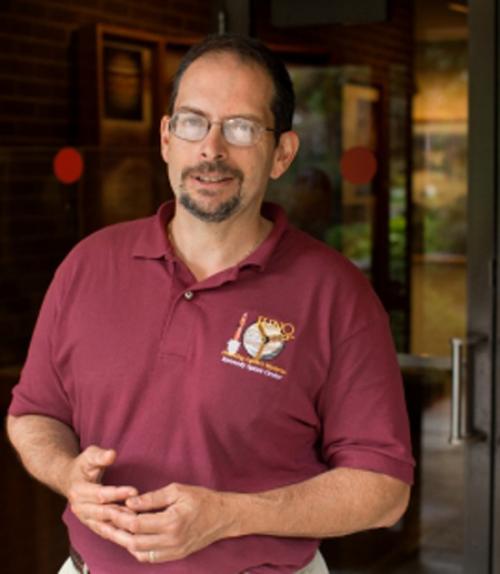From our earliest history, humans have contemplated the cosmos. Before we had an inkling of the nature of our own solar system, we wondered at the composition of our sister planets. And long before we knew there were planets orbiting other stars, we wondered if we, earth-bound beings, were alone in the universe.
This need to understand the nature of the universe and our place in it continues to fuel modern astronomy and space exploration, says Jonathan Lunine, the David C. Duncan Professor in the Physical Sciences and director of the Cornell Center for Astrophysics and Planetary Science. Lunine is a planetary scientist who studies how planets form and evolve, especially the giant planets such as Jupiter and Saturn and their diverse moons. Read more about Lunine's work in this Cornell Research story.




